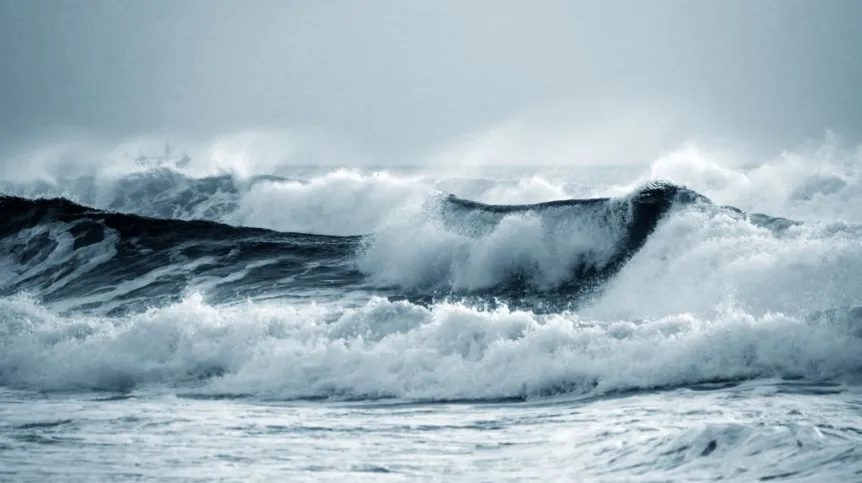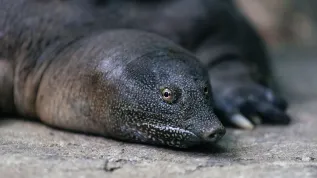
Most of the global warming energy heats not the atmosphere, but rather the oceans. This, plus the water acidification can turn the oceans into something completely different than they are today in a few hundred years, said physicists at a meeting in Warsaw.
Media meeting "Climate change in the light of the latest scientific research" with Polish scientists at the Faculty of Physics, University of Warsaw was organized by NaukaoKlimacie.pl. The meeting was held in the date of release in Stockholm of the first part of the Fifth Report of the Intergovernmental Panel on Climate Change "IPCC AR5 WG I", which summarizes the state of knowledge on climate change in the world.
The authors of the new IPCC report believe it is "extremely likely" recognized that the human influence on climate is the dominant cause of warming observed since the mid-twentieth century. The researchers currently estimate the probability that the cause of this phenomenon is the human activity at 95 percent, reminded the atmosphere physicist at the Institute of Geophysics, Faculty of Physics, University of Warsaw, Prof. Szymon P. Malinowski.
He also pointed out that the main heat reservoir in the climate system is not the atmosphere, but the ocean. "The ocean absorbs a substantial amount of energy associated with global warming. Heating the whole atmosphere by 1° C corresponds to heating by one degree of a 2.5 m thick layer of water" - said Prof . Malinowski.
"The ocean warming consumes more than 90 percent global warming energy, which is the difference between the amount of energy that the Earth absorbs and the one it produces" - said sea physicist from the Institute of Oceanology PAS in Sopot, Dr. Jacek Piskozub.
"Ocean warming concerns mainly the surface layers of the water. This, in turn, increases the difference between the density of surface waters and deeper waters of the ocean, perpetuating the +layering+ of water and making it more difficult to mix. This will cause a variety of effects, including the fact that the depths will receive less and less oxygen. These effects will have little meaning during our lives, but on the scale of hundreds of years they can be downright deadly to life in the deep ocean" - he explained.
Heating of the ocean also changes circulation, "which we can directly experience even in Warsaw and Rzeszów" - he said. "Ocean circulation has for us, especially in Europe, the significance insofar as the Atlantic surface currents carry an enormous amount of heat that warms us. Therefore, it is clearly warmer here than in the similar latitude regions of Canada and Alaska" - said the physicist.
As a result of continued warming, various changes in the circulation of water in the oceans will occur. In the future, it is even theoretically possible that the Gulf Stream, the subsurface North Atlantic marine current, will stop.
"This would significantly cool down the regions around the North Atlantic. Iceland would probably become uninhabitable, there would be no agriculture in Ireland, and we would have harsh winters. Models indicate, however, that this will not happen in this century, but this current may weaken by about 30 percent" - the physicist explained.
Emissions of carbon dioxide into the atmosphere not only causes warming, but also goes into the ocean and "acidifies" it. "Even today, the surface water change the pH, which decreased by 0.1. It does not seem much. In practice, however, this means that the water contains as much as 30 percent more hydrogen ions" - said Prof. Piskozub.
This process will intensify and affect the conditions of life in the sea. "At even slightly higher acidity, marine organisms will not be able to produce shells, first of aragonite, and then normal calcium carbonate. This could be very dangerous for coral reefs and all marine organisms that produce shells. We should expect changes. Future oceans will be completely different, they will have a different biology. One that has not been seen in the oceans for 50 million years" - said the scientist.
PAP - Science and Scholarship in Poland
zan/ krf/ mrt/
tr. RL













